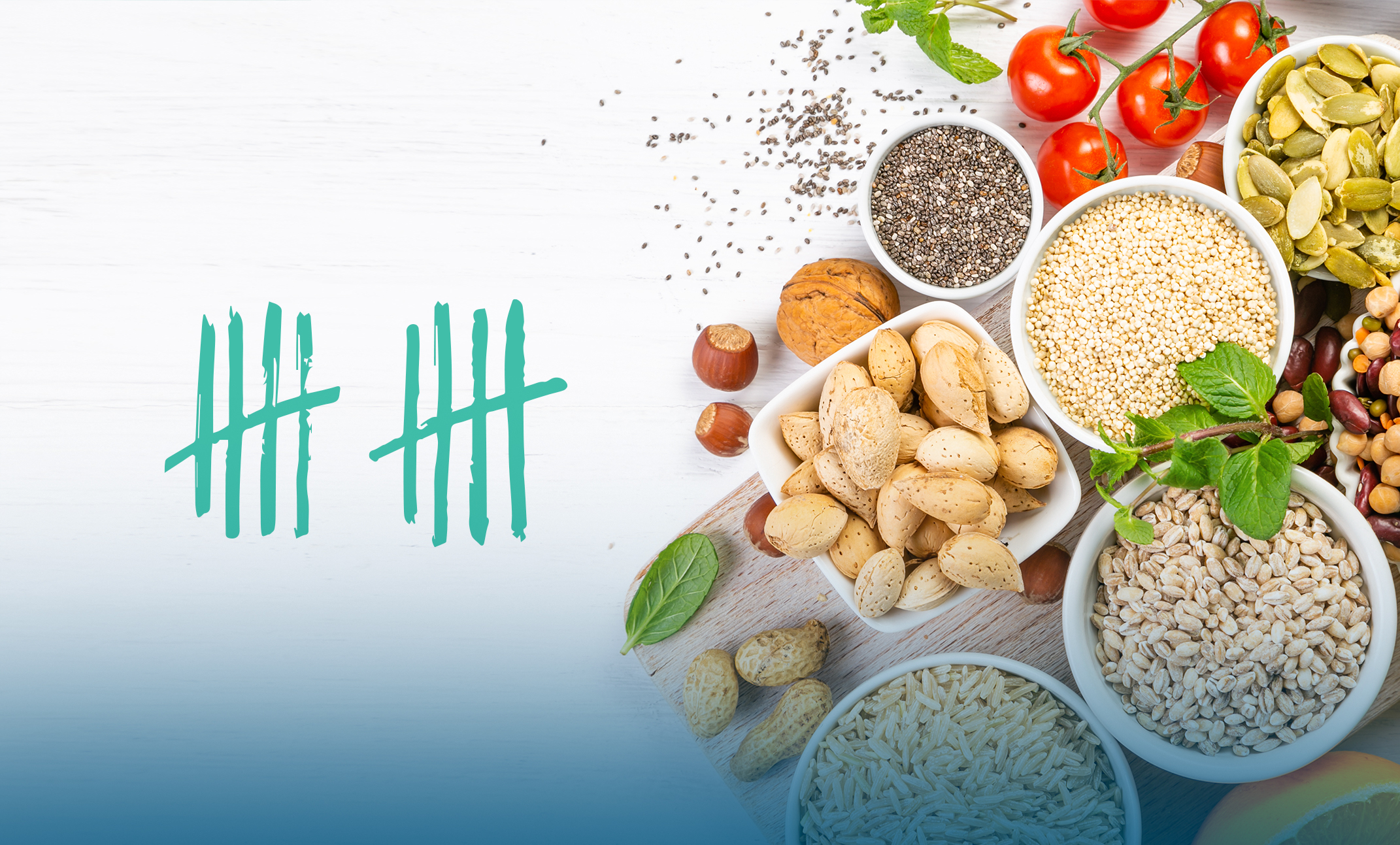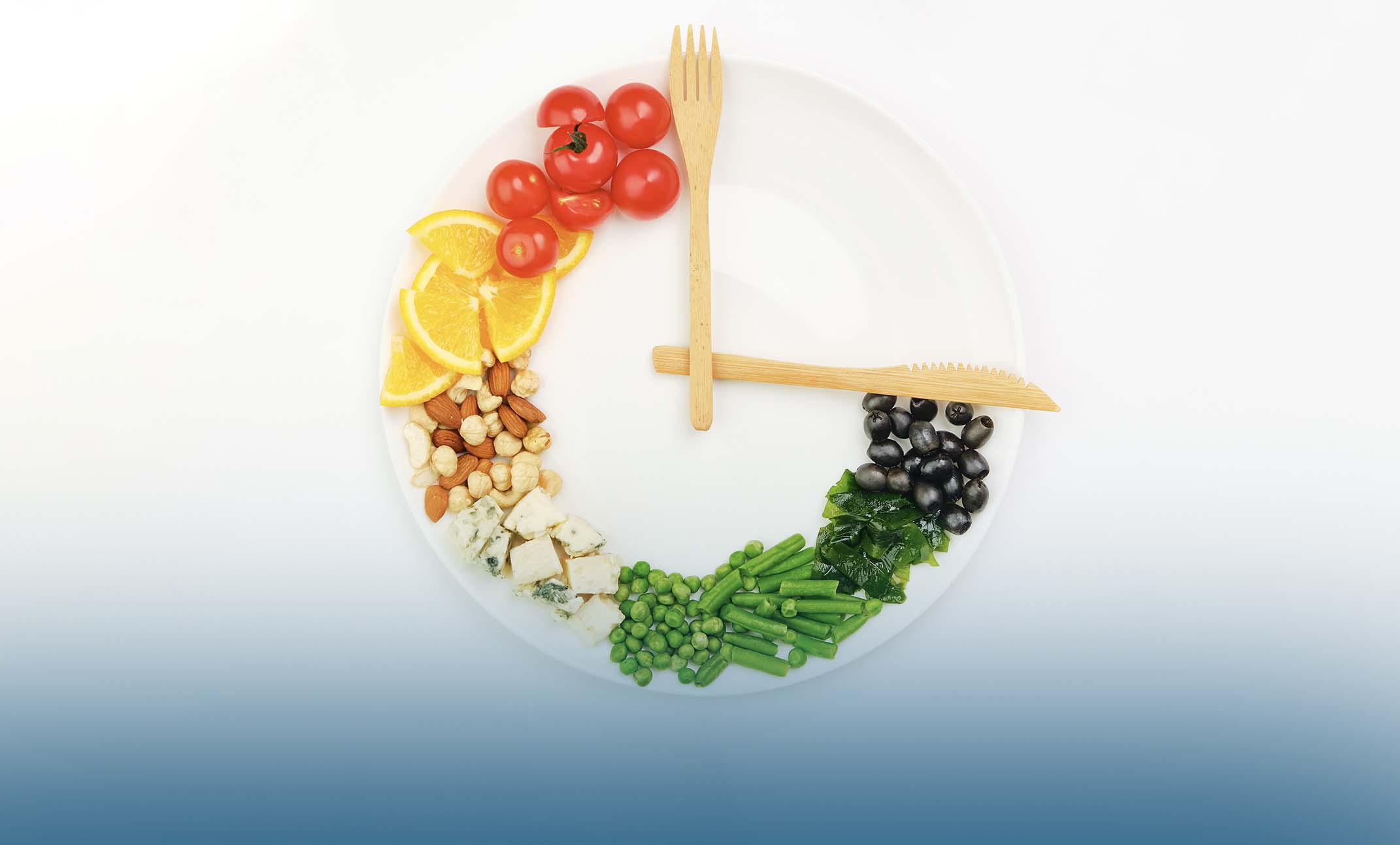The recommended daily carbohydrate intake for people with diabetes varies depending on how physically active they are, how they manage their diabetes, and if they take insulin or medications.
To keep track of your carbohydrate intake, it is very important to:
1- Understand what a carbohydrate is and how it affects your blood glucose level
Carbohydrates turn into glucose inside our body and are broken down quickly, thus having a direct impact on blood sugar levels compared to proteins and fats.
The three main types of carbohydrates are:
- Sugars: found naturally in food such as fruits, milk, and table sugar
- Starches: found in foods such as grains, breads, cereals, and starchy vegetables (e.g. potatoes)
- Fiber: found naturally in food such as vegetables, whole-grain, fruits, and beans/peas
2- learn carbohydrate counting – also called carb counting
Consuming the right amount of carbohydrates helps you manage your diabetes. Thus, ask your healthcare team how much carbohydrates you can eat per day.
Carbohydrates are measured in grams, thus, adding the grams from each food will help you achieve the desired target.
Which foods include carbohydrate?
- grains, such as bread, noodles, pasta, crackers, cereals, and rice
- fruits, such as apples, bananas, berries, mangoes, melons, and oranges
- dairy products, such as milk and yogurt
- legumes, including dried beans, lentils, and peas
- snack foods and sweets, such as cakes, cookies, candy, and other desserts
- juices, soft drinks, fruit drinks, sports drinks, and energy drinks that contain sugars
- vegetables, especially “starchy” vegetables such as potatoes, corn, and peas
Potatoes, peas, and corn are called starchy vegetables because they are high in starch. These vegetables have more carbohydrates per serving than non-starchy vegetables (e.g. spinach, tomatoes, peppers).
Foods that do not contain carbohydrates include meat, fish, and poultry, nuts, oils and other fats.
Tips:
Have more carbohydrates from fruits, milk, whole-grains, vegetables, and beans.
Have less carbohydrates from white bread, white rice, and other food with refined carbs/added sugar.
Author: Joelle Al Tenn, TruDoc Wellness Director





